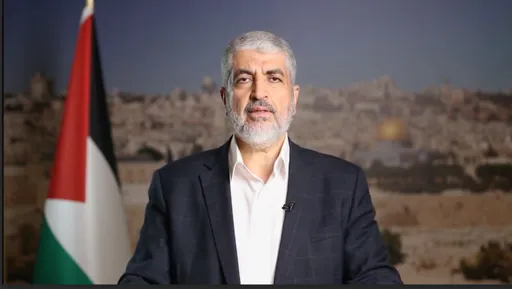Four former bankers with the Swiss affiliate of a key Russian bank were found guilty on Thursday of failing to properly check accounts opened in the name of a Russian cellist with longtime ties to President Vladimir Putin.
The defendants were handed suspended sentences in Zurich district court that, if violated, could lead collectively to hundreds of thousands of Swiss francs in fines.
Lawyers for all the defendants immediately announced plans to appeal, according to an email from a spokesman for Gazprombank Switzerland, which is in the process of winding down its operations and was not itself facing charges.
The verdict follows a one-day trial on March 8 based on information about secret financial flows revealed in the Panama Papers leaks in 2016 that implicated musician and Putin’s childhood friend Sergei Roldugin. It took years for prosecutors to unravel the web of money and bring the case to court.
The trial opened a rare window into allegations from the Panama Papers that a member of Putin’s circle of friends helped funnel millions abroad and that financial employees may have turned a blind eye to such inflows. Putin has denied the accusations.
The former Gazprombank employees — three Russian-born and one Swiss-born, who could not be named under Swiss law — were charged with failing to adequately check whether Roldugin actually owned the assets in the accounts.
He was a bank customer from 2014 to 2016.
All four defendants denied the charges, which include allegations of violating Swiss anti-money-laundering law.
In a statement, the Zurich regional prosecutors office said it welcomed the verdicts as “an important signal that due diligence obligations under money laundering law must be observed.”
Both before and since Putin ordered forces into Ukraine, Western nations have imposed sanctions against oligarchs and others with close ties to his government, including Roldugin.
The US Treasury Department describes Roldugin as “part of a system that manages President Putin’s offshore wealth.”
Documents filed when the accounts were opened listed expected transactions of 11.5 million Swiss francs ($12.2 million). The indictment didn't indicate how much may have arrived at the bank, but noted how Putin has “enormous assets managed by people close to him.”
Gazprombank maintained the accounts despite “abundant” media reports about Roldugin’s relationship to Putin, including that he was godfather to one of Putin’s daughters, the indictment said.
The bank’s documents listed Roldugin’s income as 1 million Swiss francs a year, his assets at 10 million francs, and his occupation as a musician, indicating that the money flows were “in no way plausible as Roldugin’s own wealth,” the indictment said. It said the way the accounts were structured indicated he was being used as “a straw man.”
In 2016, when reports named Roldugin as the owner of $2 billion in offshore assets, Putin denied having any links to offshore accounts and described the Panama Papers leaks as part of Western efforts to weaken Russia.
The verdict was largely symbolic: The public prosecutor’s office sought seven-month suspended prison sentences for the defendants.
For years, Switzerland has sought to clean up its reputation as a secret haven of billions in ill-gotten or laundered money, including through legislation that requires bankers to scrutinize the origin of funds associated with “politically exposed persons.”























